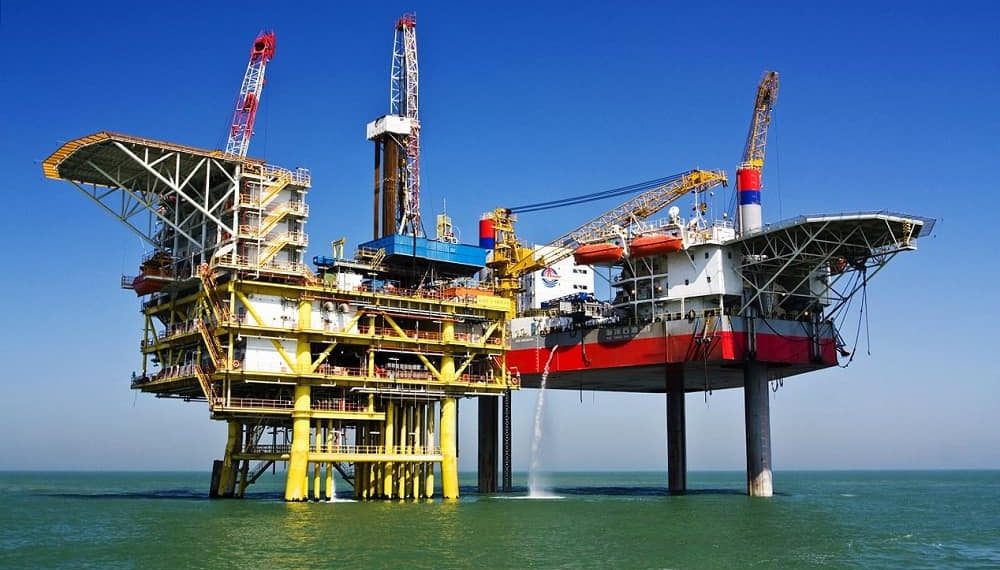The Middle East could lose some $50 billion of investment from its oil and gas sector over the next five years, according to Wood Mackenzie. In 2020 alone, WoodMac expects new upstream investments to drop by $16 billion across the region from its pre-crash view.
The worst oil price crash in history has wiped $1.6 trillion off the valuation of the global upstream industry. “The oil price crash and the market uncertainty it caused has affected all regions, all operators and all resource themes. In early March, we anticipated the industry’s response would be rapid and decisive. It has been,” said Fraser McKay, WoodMac vice president, upstream.
“To date, cuts to expenditure have largely been in line with our expectations. New project spend has stagnated and output has been curtailed, most notably among OPEC+ participants and in the US tight oil sector.”
The research group has significantly reduced its expectation of new investment projects joining the global upstream industry from 50 to just nine. Oil production cuts by the OPEC+ group of exporters, which includes Russia and market-driven shut-ins, is expected to reshape near-term supply outlook.
The valuations for oil sands and heavy oil have received the hardest hit, decreasing by more than half, while more than $1 trillion has been wiped off conventional onshore and offshore projects.
“Tight oil and heavy oil cash flows suffer the most, but overall resilience has improved since the last downturn,” WoodMac said. While the spending cuts are expected to be severe for Middle East upstream energy projects, they do not offset the valuation impact of lower production among OPEC+ producers and weak oil prices, WoodMac said.



















































